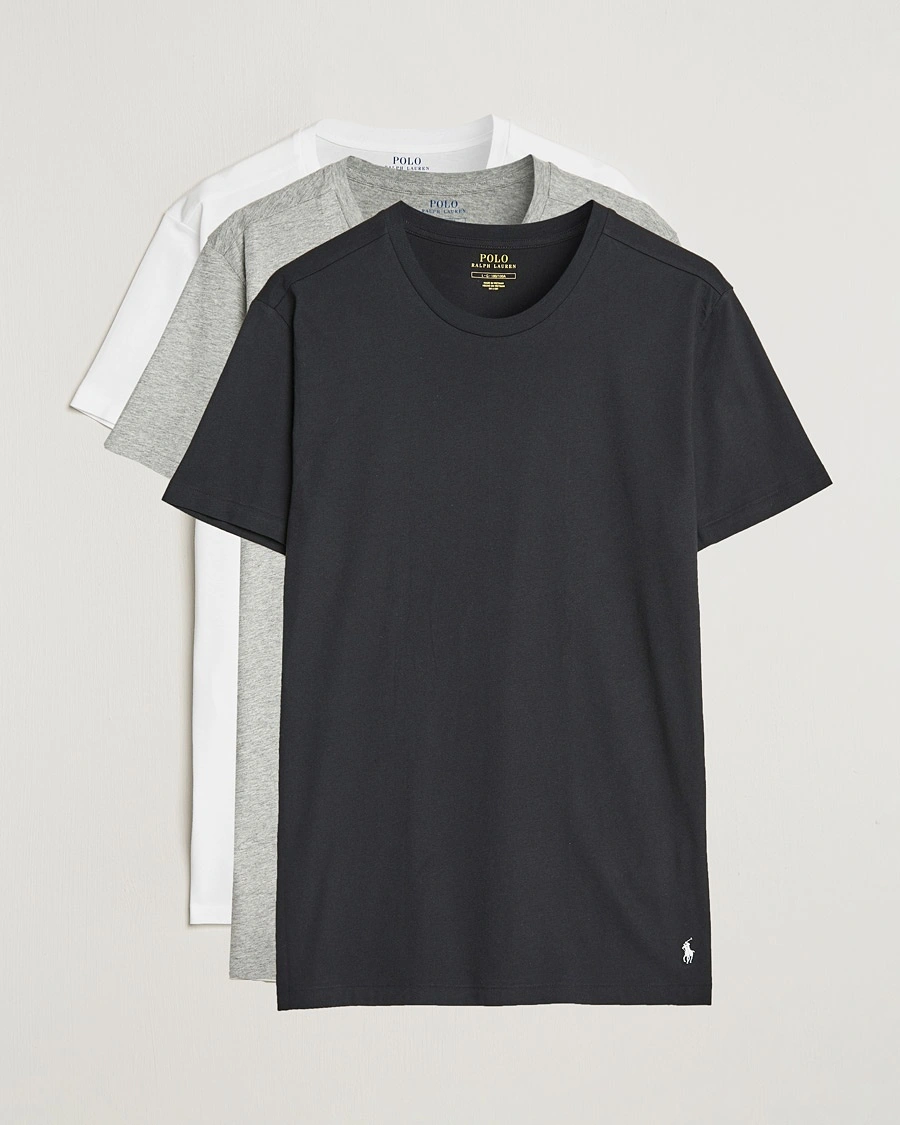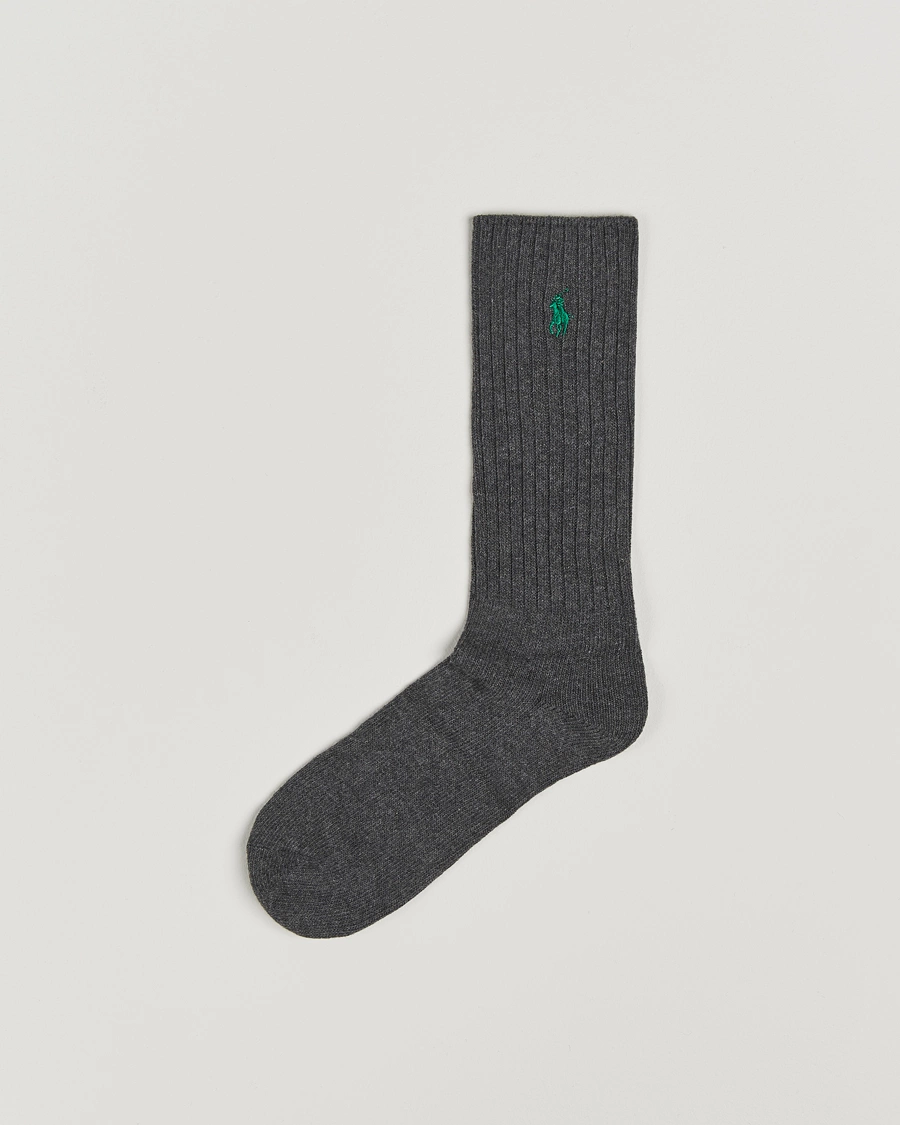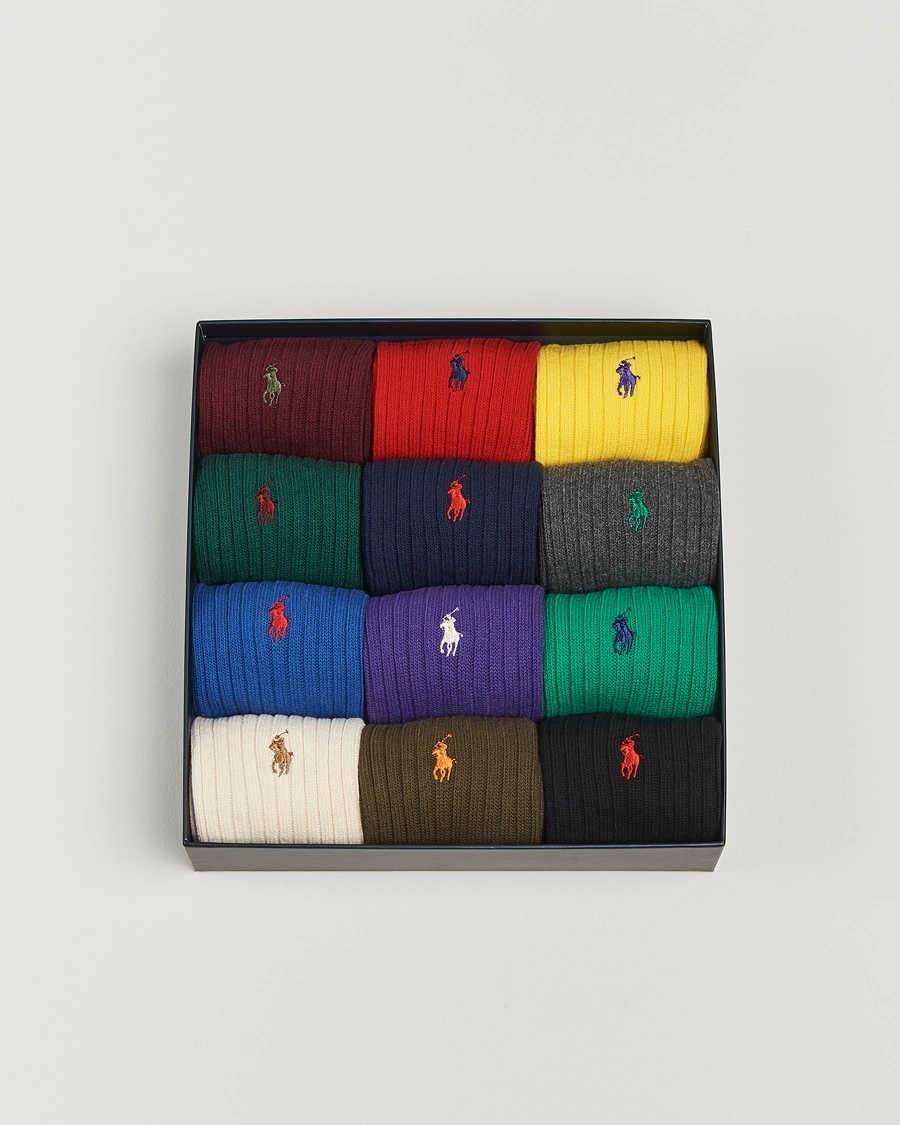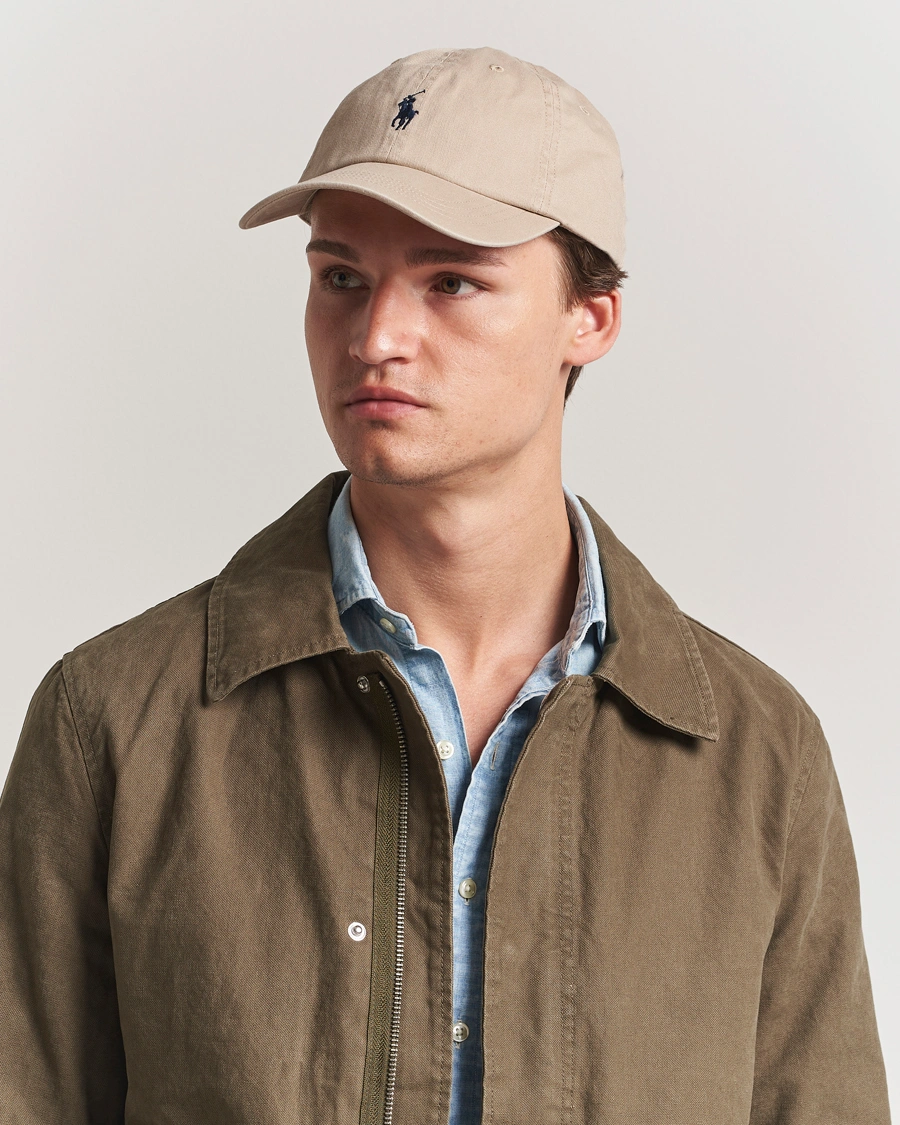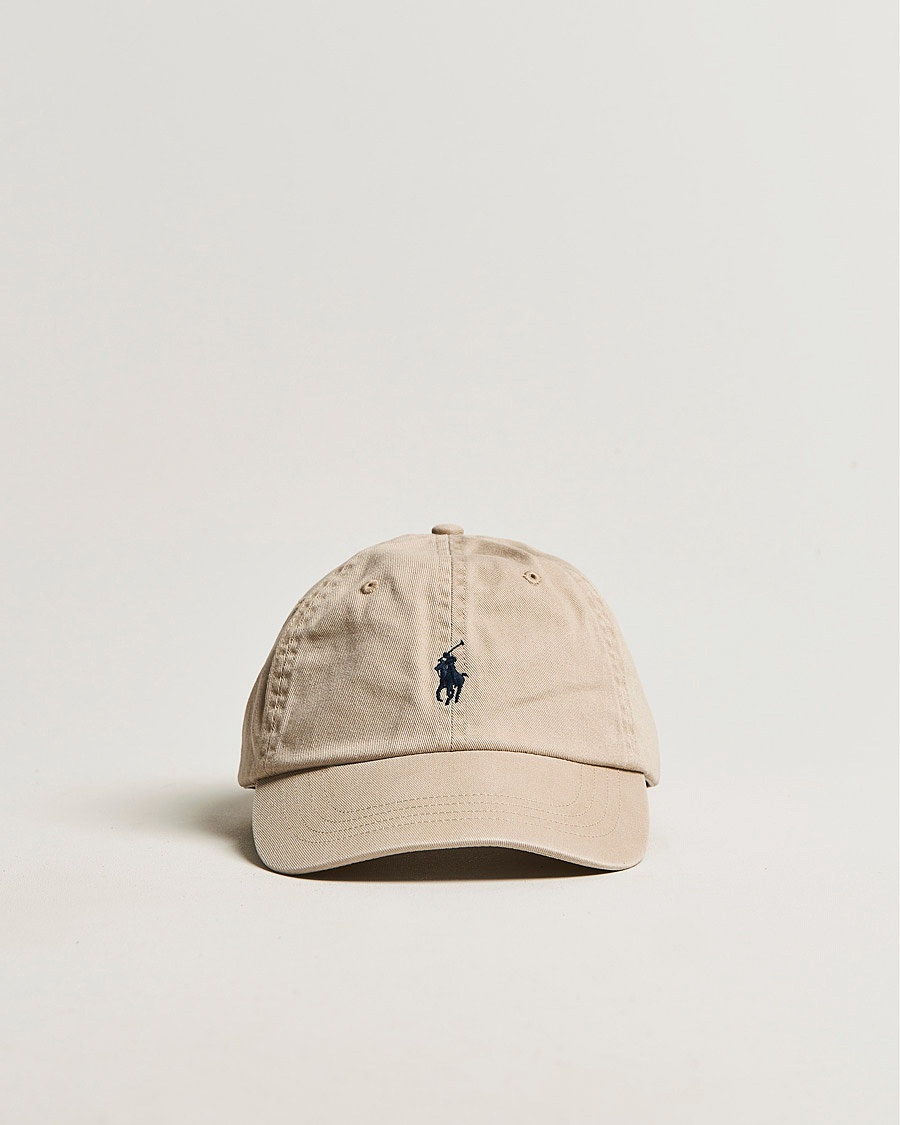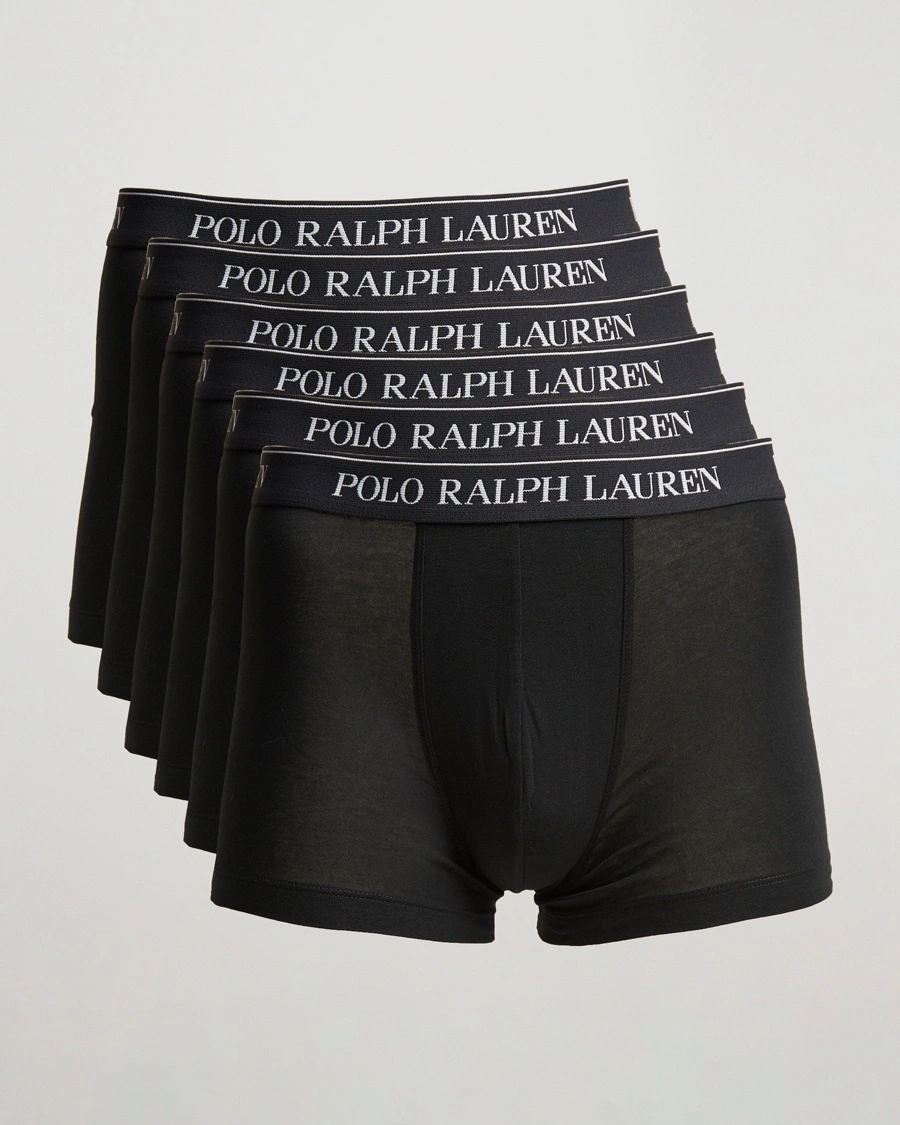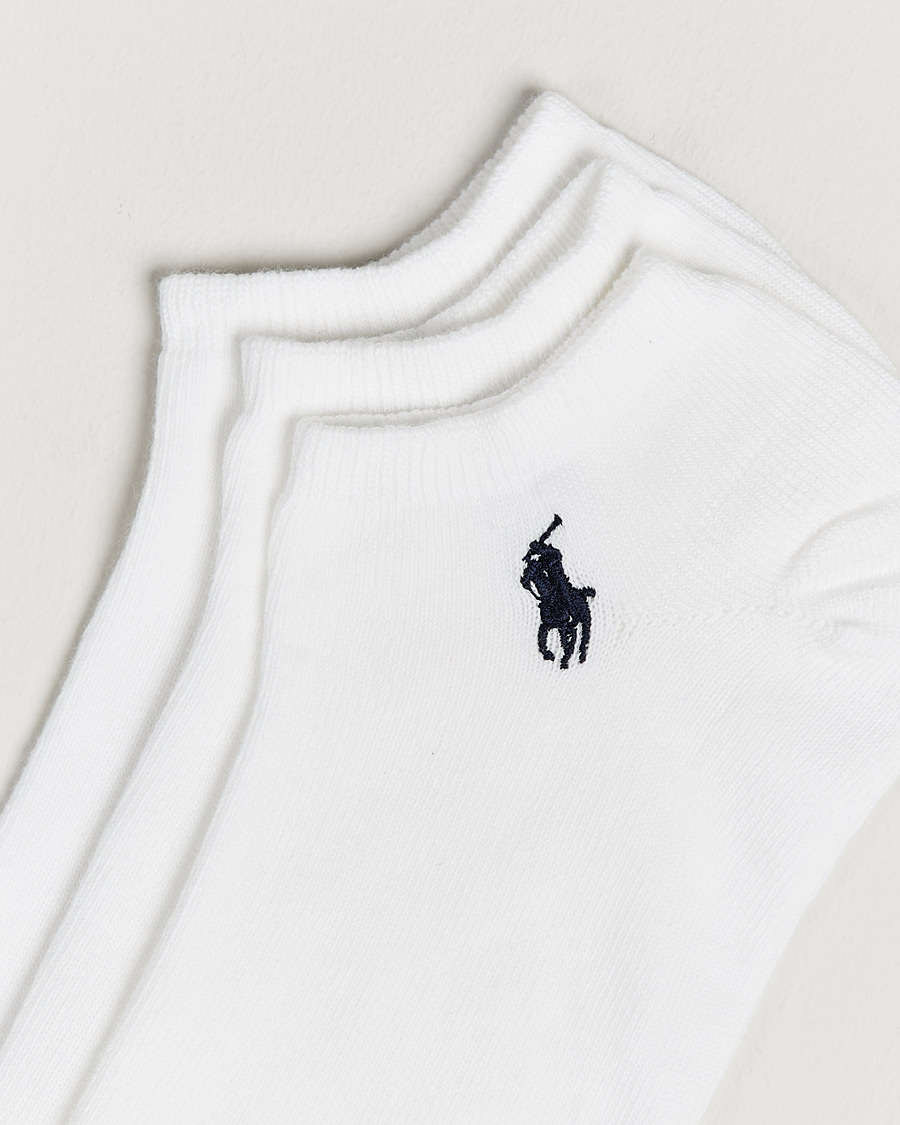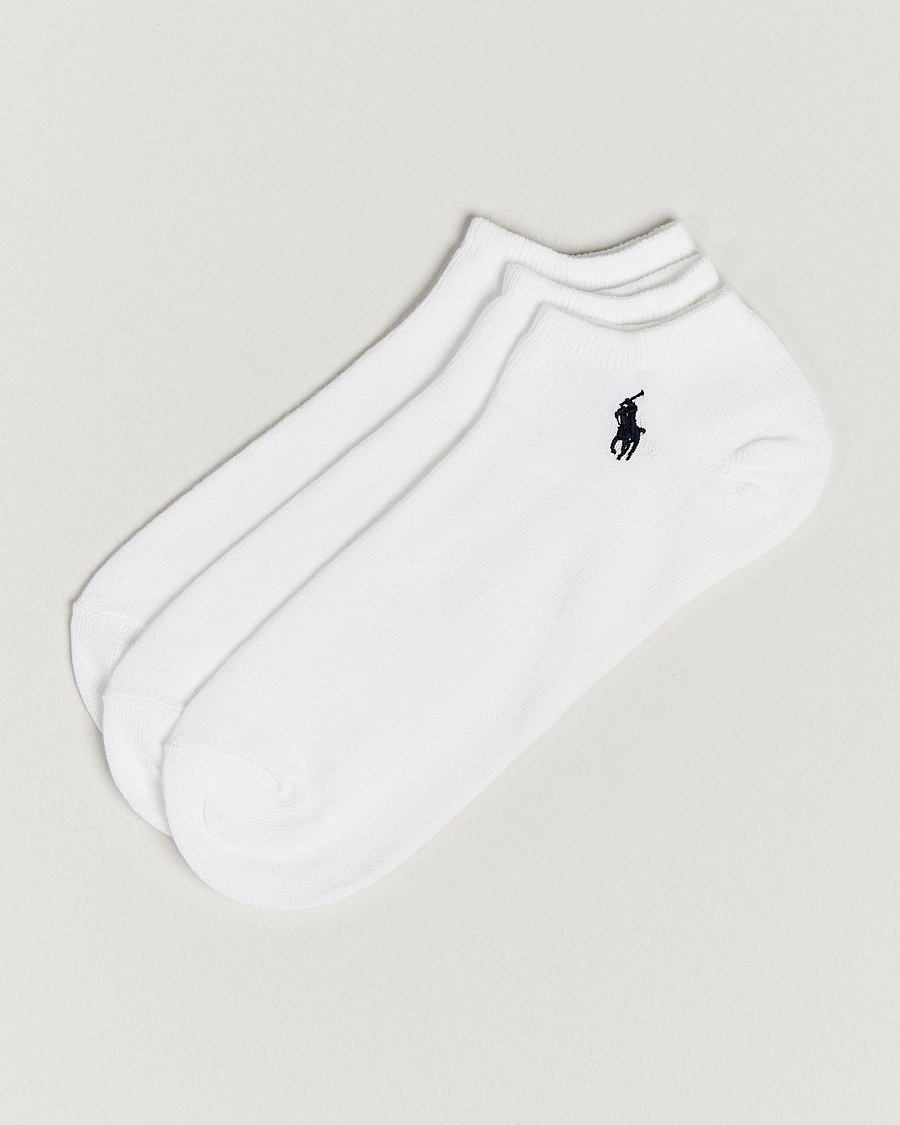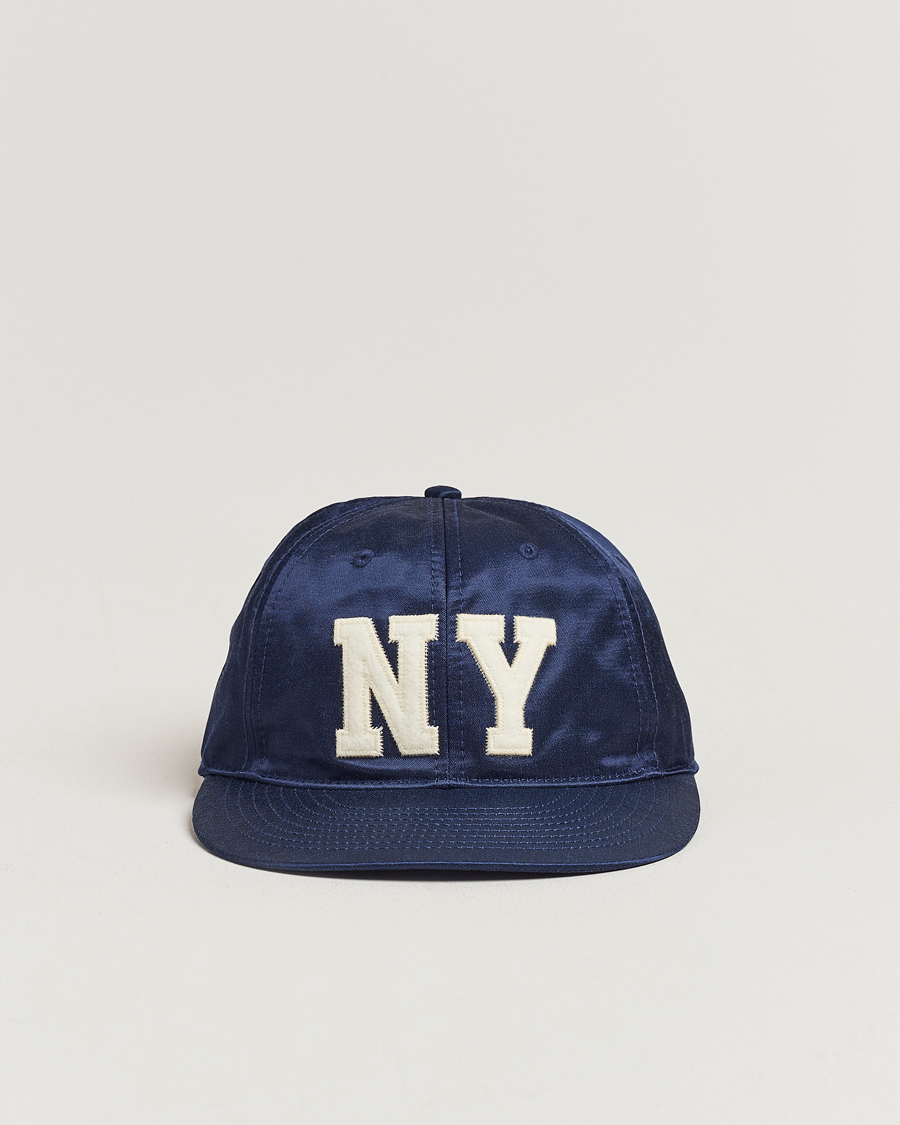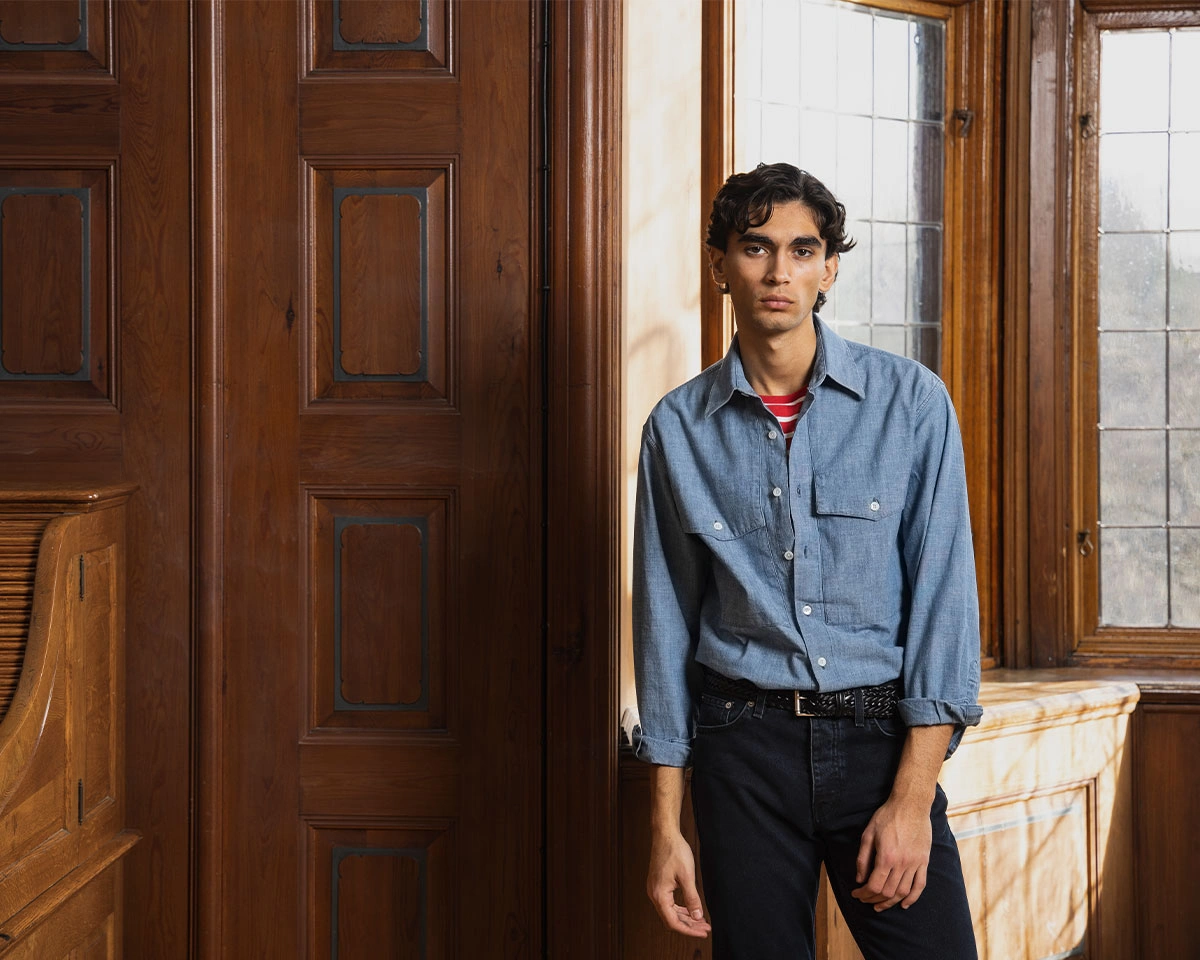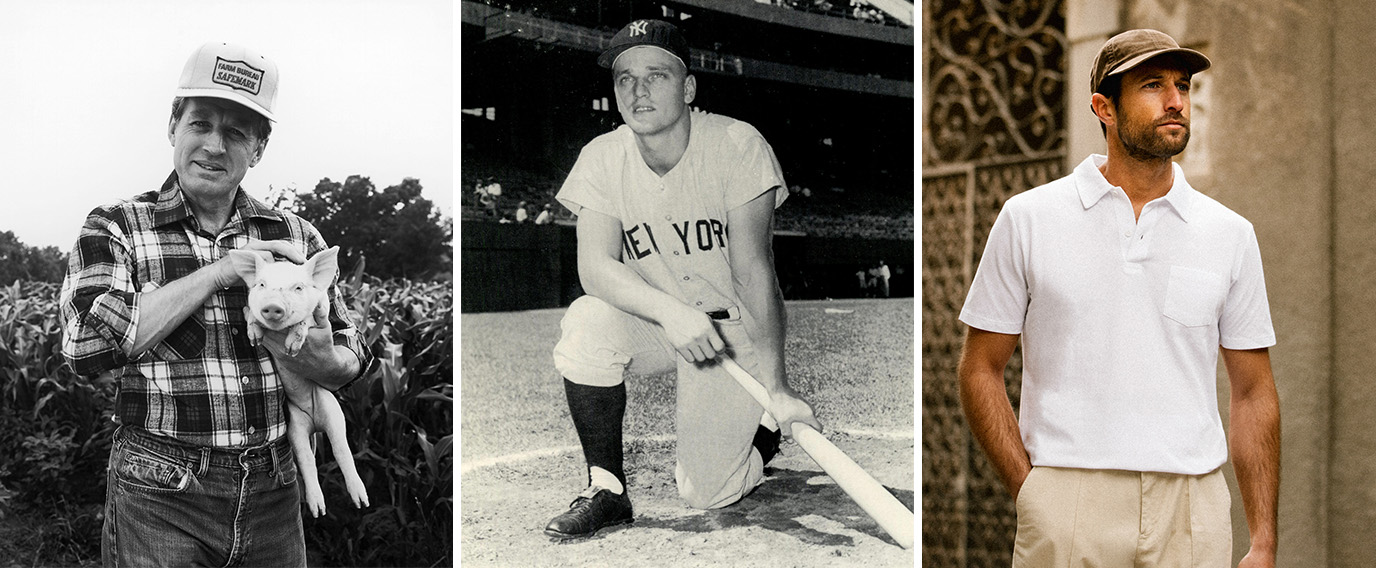
The cap through the ages: from sportswear to personal accessory
Tekst: Camilla Åsedal
Foto: Alamy & MATTEO BIANCHESSI
There was a time when virtually all men, regardless of social class, wore either a hat or a flat cap whenever they stepped outside. Has the modern cap replaced the hat as the go-to headwear? Why do men feel such a strong desire to cover their heads? We delve into the history of the cap, its original purpose, various styles, and its role as a fashion staple in today's society.
The Cap's Path From Work Wear to the Sports World
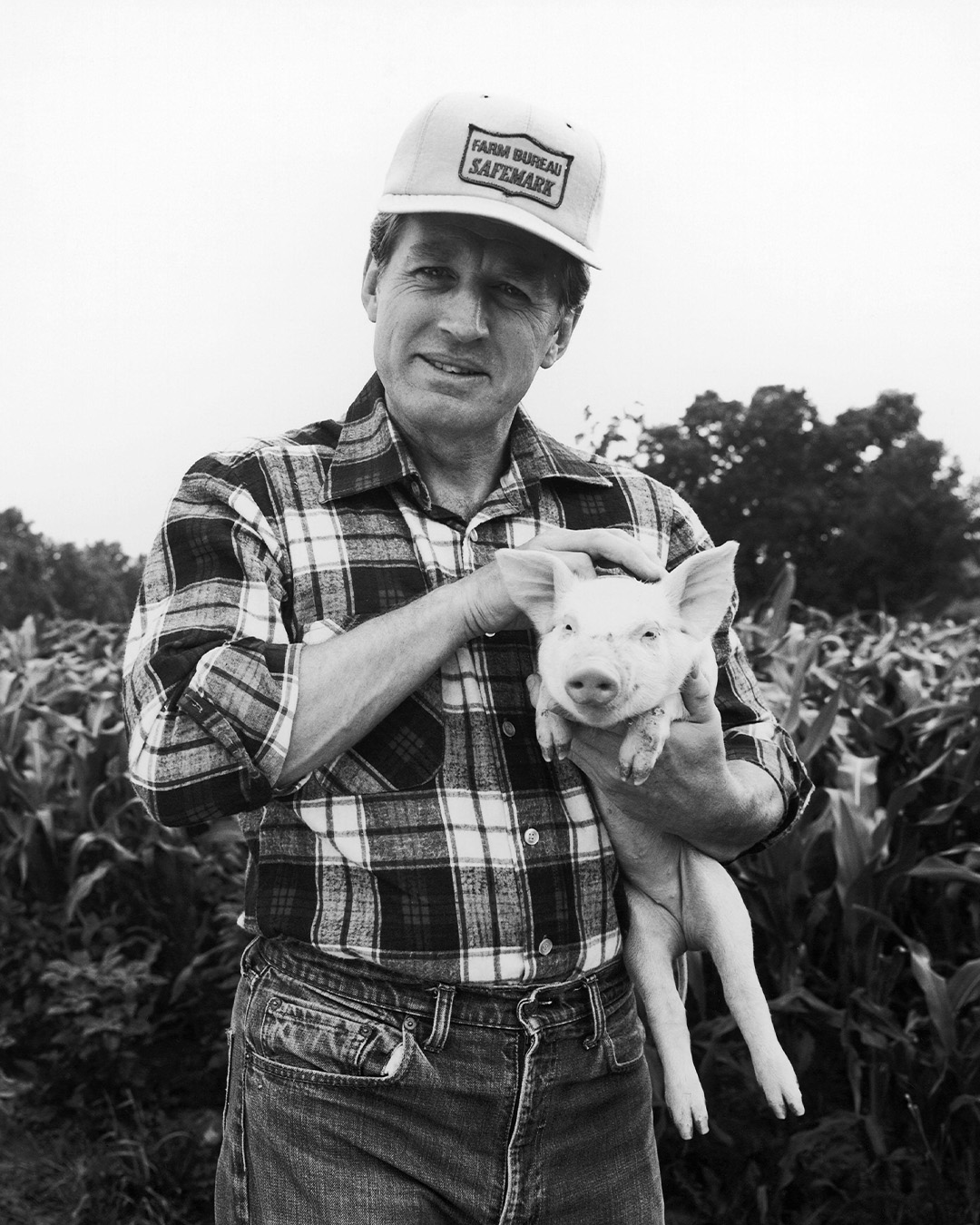
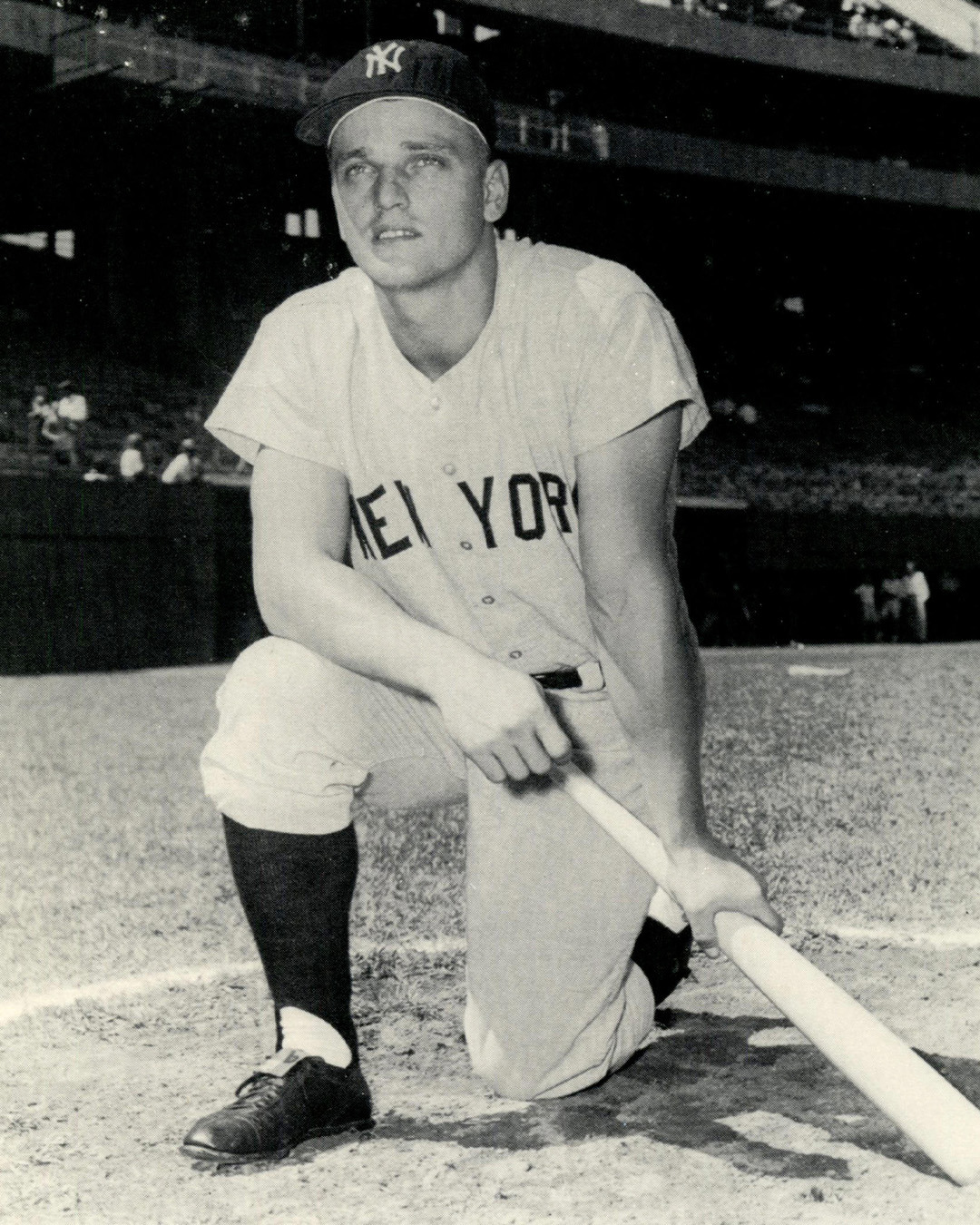
Farmer in field and Roger Maris circa 1960. Photo: Alamy Stock Photo
Originally, the cap was a practical work garment, made of coarse fabric such as tweed or wool in a design like the classic flat cap. It was used to protect the head from the elements and was popular with labourers, farmers and others who worked outdoors.
The modern six-panel cap, as we know it, dates back to the 19th century. It began to spread among baseball teams, such as the Brooklyn Excelsiors, who wore its predecessor made of wool. Later, the Knickerbockers Base Ball Club of New York (the predecessors to the Knicks) adopted it, becoming the first baseball team with a full baseballuniform. The practical cotton baseball cap then gained popularity, eventually replacing the workers' old wool caps.
The Cap as a Personal Accessory
In the late 1940s and 1950s, the cap began to be worn outside the realm of sports. American servicemen donned caps in their leisure time, while young men began listening to Elvis Presley. Perhaps the rock 'n' roll mentality influenced the fashion world; as rock 'n' roll emerged and hats faded from men's wardrobes, people began to embrace a sportier, more youthful and nonchalant style.Whether the headgear is a cap or a hat, it has become a staple in men's wardrobes, as men throughout history have sought to protect their heads from the various elements—be it the sun, the rain or their surroundings. Maybe it's to hide involuntary hair loss or because with a cap on — you can be yourself.
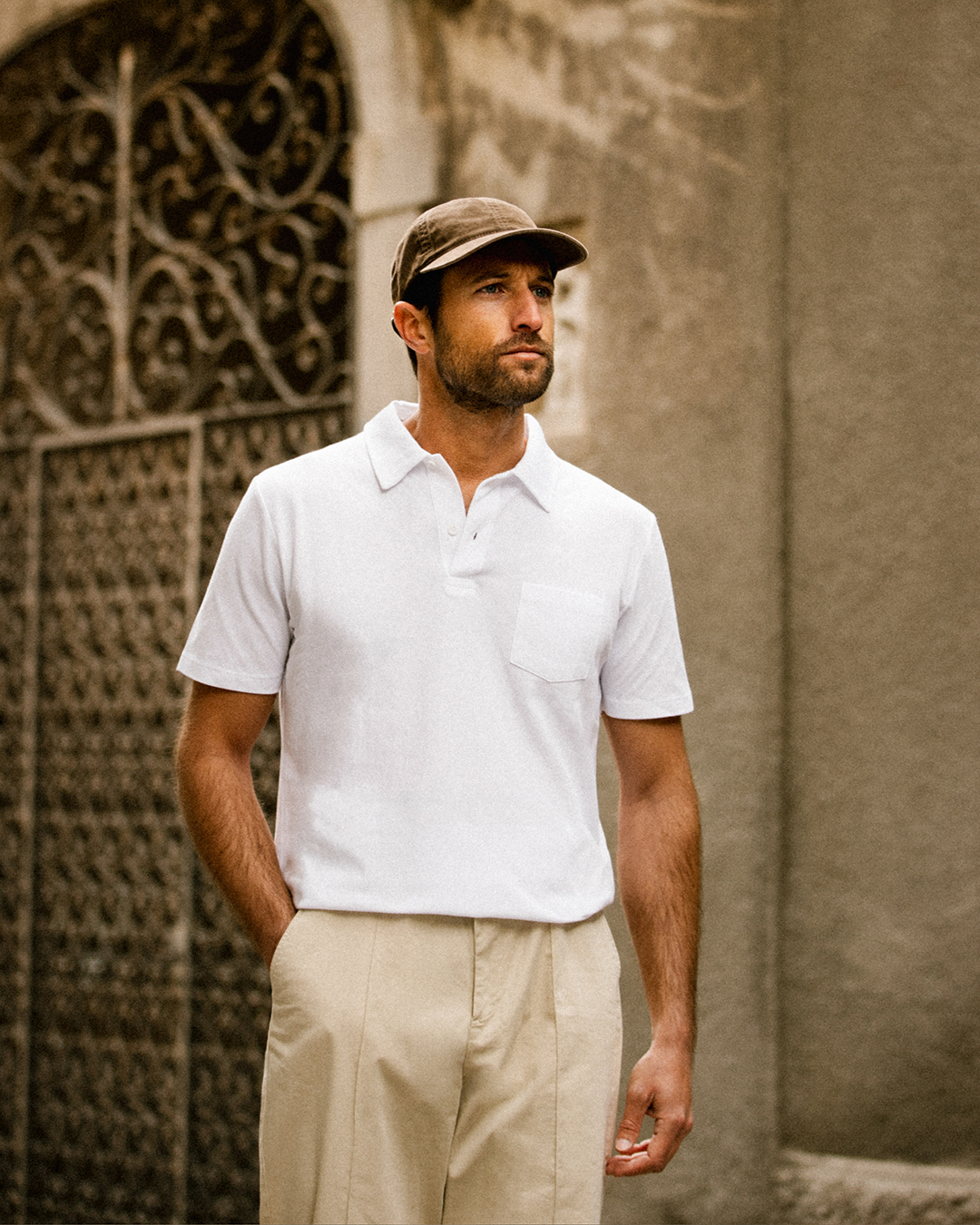
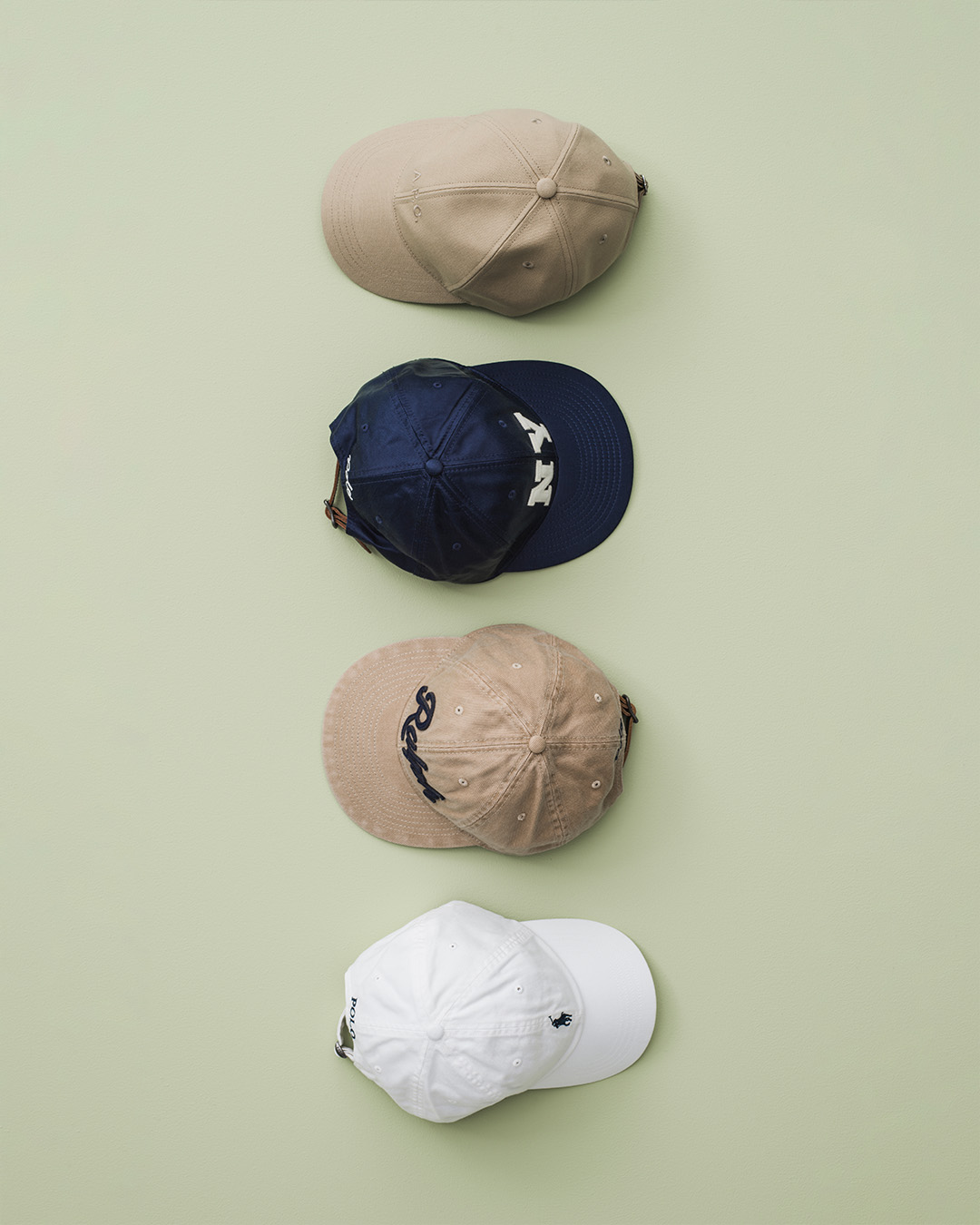
During the 70s and 80s, brands began using caps as advertising tools, initially among farmers and vehicle companies, popularising the trucker cap in those circles. The front typically featured a logo representing a brand, a baseball team, a slogan or other personal details. Today, the cap has evolved from being an advertising pillar for brands to a form of personal branding. The embroidered or printed logo serves as a personal statement, signalling the wearers beliefs or who they support, whether it's a N.Y. Yankee cap to show team loyalty or a cap with flames to make a bold statement.
Three Iconic Caps
Each type of cap has its own unique characteristics and uses. Here are three iconic cap models in modern times:
Baseball Cap: An iconic six-panel cap worn by baseball players since the late 19th century. The most iconic baseball cap is worn by the New York Yankees players, featuring a simple design with a navy blue visor and a white "NY" logo on the front. This cap has become a symbol of baseball and has been embraced by countless celebrities and fans worldwide.
The Trucker Cap: The trucker cap is known for its mesh panel on the back. It originated in truck driver culture in the United States, but since the 2000s has become a popular fashion accessory all over the world. It has been worn by countless celebrities, including Ashton Kutcher and Pharrell Williams who popularised the cap as a symbol of streetwear culture.
Flat Cap: The flat cap is a classic cap with a rounded shape and a button on the top and is usually made of tweed or wool. It has become a symbol of British classic style and has been worn by many celebrities and fashion icons, not least Cillian Murphy in Peaky Blinders. Also known as the Baker Boy cap or the Newsboy Cap.
The Cap Today
Today, the cap has become an essential part of the fashion world and is worn globally as a means to express personal style, transcending social class boundaries. Some wear caps to effortlessly manage their hair, while others integrate them into their identity. Whether for functional reasons like shielding from the sun or as a statement of personal flair, the cap serves as both a practical and aesthetic accessory.
Caps have become ubiquitous in various settings—work, school, leisure, and even some formal occasions. In the past, wearing a cap in places like classrooms or workplaces was often frowned upon, except for specific roles like farming or fast-food service. However, contemporary attitudes towards caps have become more accepting and relaxed. Could this newfound acceptance even extend to wearing caps in church?
Vil du fortsette der du var?
Kunderådgivning
Vanlige spørsmål
Svar på de mest vanlige spørsmålene finner du her.
Hverdager besvarer vi ditt mail i løpet av 24 timer.
Personlig stilrådgivning
Vi tilbyr pr i dag personlig stilrådgivning både via digitale og fysiske kundemøter ved vårt hovedkontor i Borås, Sverige.
Dersom du er interessert og vil bestille en tid med vår personal shopper, send en e-post til [email protected], hvor du også spesifiserer om du ønsker et digitalt eller fysisk møte. Vi hører av oss igjen med flere detaljer og forslag på tider.
Våre stilrådgivere ser frem til å hjelpe deg med å oppdatere garderoben din og investere i kvalitetsklær som holder over tid!
Logg inn
-
Sweden
-
Denmark
-
Norway
-
Finland
-
Germany
-
Austria
-
Ireland
-
Croatia
-
Cyprus
-
Czech Republic
-
Estonia
-
Greece
-
Hungary
-
Liechtenstein
-
Lithuania
-
Luxembourg
-
Malta
-
Poland
-
Portugal
-
Slovakia
-
Slovenia
-
Bulgaria
-
Latvia
-
Romania
-
United States of America
-
Netherlands
-
France
-
Switzerland
-
Spain
-
Italy
-
United Kingdom
-
Saudi Arabia
-
New Zealand
-
Taiwan
-
United Arab Emirates
-
Japan
-
Australia
-
Canada
-
South Korea
-
Hong Kong
-
Singapore
-
Kuwait
-
Malaysia
-
Qatar
-
Belgium (Nederlands)
-
Belgium (Français)








